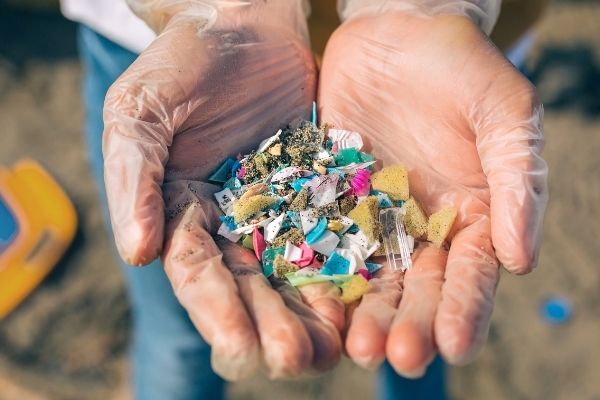Deadline: 5-May-22
The Ministry of Science and Technology Department of Biotechnology (DBT) is calling for proposals on Biotechnological interventions for mitigating microplastic pollution & development of alternatives to single-use plastic.
Plastic waste is one of the most formidable challenge in today’s world. As per reports for recent past years, annual plastic waste generation in India was about 3 metric tons. Moreover, Microplastics are emerging environmental pollutants of persistent and pervasive nature. The increasing reports on plastic pollutant’s occurrence, possible impact on the aquatic as well as terrestrial ecosystems, and their inevitable exposure to humans motivate to make advanced interventions for the management of these pollutants. It is important to decode the biological processes for the management and mitigation of these pollutants in a sustainable way.
Biological processes have immense potential to address plastic as well as microplastic pollution, and for the development of alternatives to single-use plastics in an eco-friendly manner. In these directions, this call for proposal is intended to support scalable biotechnological interventions for the abatement of plastic as well as microplastic pollution in India.
Thematic Focus and Priority Areas
- Microplastic Management & Mitigation
- Characterization, quantification, and profiling of the microplastics from aquatic including marine, soil ecosystem including wastewater system.
- New technologies for the detection of micro plastic in human and animals
- Evaluation of microbes for biodegradation of the microplastics, essentially concerning first sub-degradation and nature of the degraded products.
- Biobased Methods and Green Hybrid technologies for degradation of microplastics, where chemical processes coupled with biological processes
- Evidence-based microbial/biological degradation of microplastics. Design and application of effective microbial consortium for lab-scale (50L) demonstration and exploring mitigation using biofilms. Insect/fungal communities/other life forms having the potential to degrade microplastics/plastics.
- Co-contaminants of microplastics and their degradation products. Toxicity of microplastics, co contaminants as well as degradation products
- Alternatives to Single-Use Plastics
- Development of bio-based plastics/polymers which are degradable and their conversion to useful products. Prospecting for biological sources for such materials.
- Development of biopolymers that are not readily available and fabrication to usable products.
- Bioremediation:- Plastic Waste Recycling & Valorization
- Abiotic influencing factors for plastic waste pretreatment to make it susceptible to biodegradation.
- Decoding metabolomics of plastic waste degrading organisms, functional enzymes and their development for cell-free system utilization.
- Biobased Methodologies for handling the entire plastic (Nano/Micro/Macro) pollution in landfills.
Eligibility Criteria
Faculties of recognized universities and academic institutions, scientists working in National Laboratories, R&D institutions, and Research organizations recognized by DSIR, individually or in consortium mode. The roles and responsibilities of each partner should be delineated in the proposal. Industry participation is not mandatory, however, the proposals having industrial contribution can be considered. The industrial partner should have proven standing and R&D capability in the proposed R&D area.
For more information, visit https://dbtindia.gov.in/whats-new/call-for-proposals
